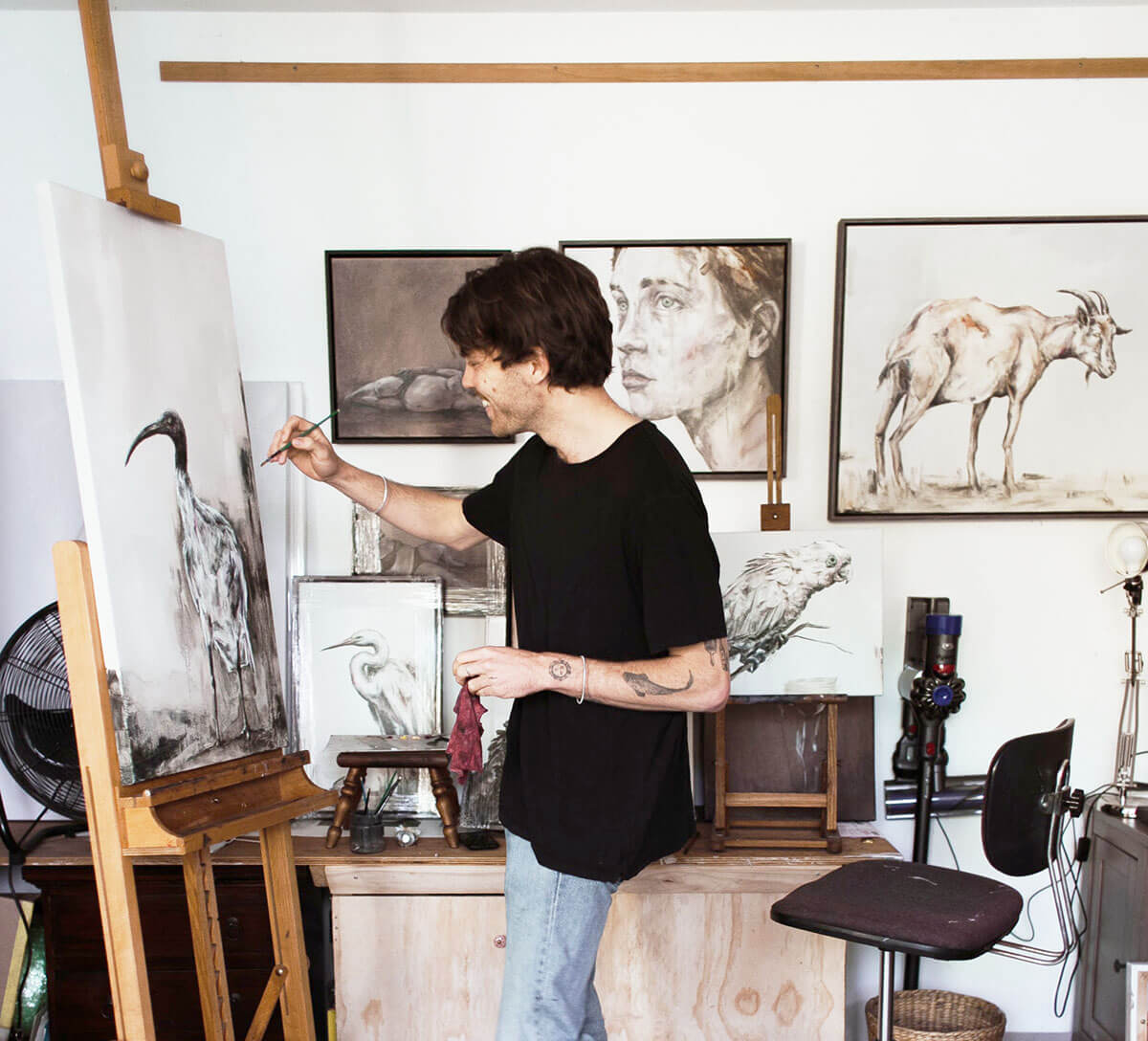Where do you see the new and the old interacting with each other in the film?
CC: While this is technically a period film, you don’t feel the period, you are simply transported into it: you are in the 70s. It just brings you in like that. The 70s were a fun decade to go into because it’s neither modern nor a period film like most people might think of at first, like something from the 1800s. When we were filming, we wanted to make it feel familiar to welcome audiences into the house and the Paiva family’s life.
With the beach too, every detail was carefully researched and considered, down to the volleyball thrown around in the opening scenes. Every prop was true to the essence of the period. One very important part of our research were the photos from the family, which you see Eunice in the film taking very extraordinary care to document and organize. That was real. We spent more than a month alone recreating and shooting those photos to also be props in the film, making sure that the actors, and wardrobe, makeup, hair, and the different sets were just right.
Five decades after the main narrative encompassed by I’m Still Here, why should travelers watch the film before visiting Brazil?
MCB: Brazil is one of the most diverse places in the world. That’s not a cliche—it’s the truth. People should watch the film to take a glance at some of our music, our literature, and of course, our cinema. I hope the film could invite travelers to get to know a little bit of our culture in addition to going to the beaches which we all know are beautiful.
RT: I think something this film brings to Brazil is self-esteem. We lost that for a while. It’s beautiful that Brazilians are feeling important again, and the people are proud. Our film is the first Brazilian entry to be nominated for Best Picture at the Academy Awards ever, and that it’s being considered a national jewel helped us gain our stride back. Brazil endured many struggles in the last few years. In politics, our nation was heavily impacted by Covid. In soccer, our national sport, we lost seven-to-one on our soil to Germany in the 2014 World Cup. All this to say, the last few years have felt down in Brazil, and with this film we really felt proud because people are proud to be Brazilian again, and it was through art, not politics. This is a film making Brazilians be proud to be Brazilians, and that is the best we could ever ask for in filmmaking.
CC: I think everyone should watch the film to experience the joy of living Brazilians have. That has never changed. I was very compelled by how the script opened the family out to the exterior; they lived right on the beach and could go any time. That outgoingness, that’s the feeling that is still very much alive in Rio when you go visit today. You know, when they asked me to go to the Oscars ceremony, I said if there was one place I’d like to be that day, I said I’d want to be in Brazil during Carnival, a place that feels like pure celebration. It’s just a place where you can feel life everywhere, in nature, in the people.








